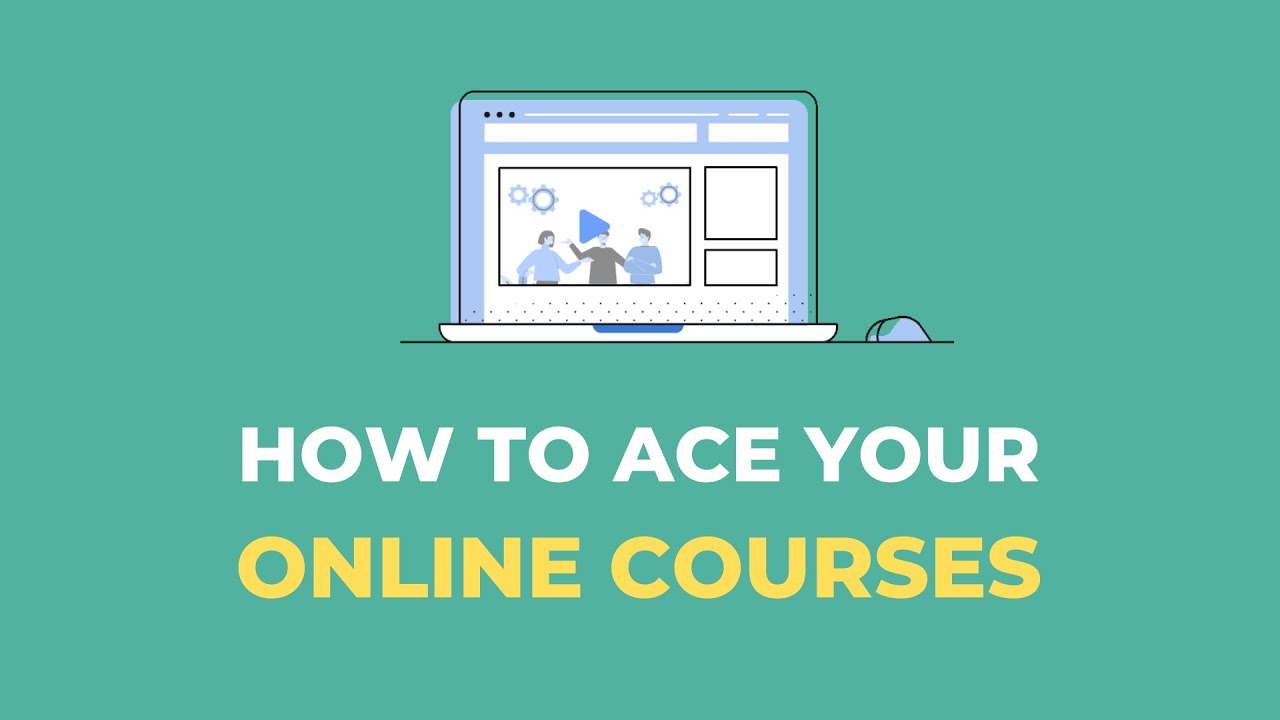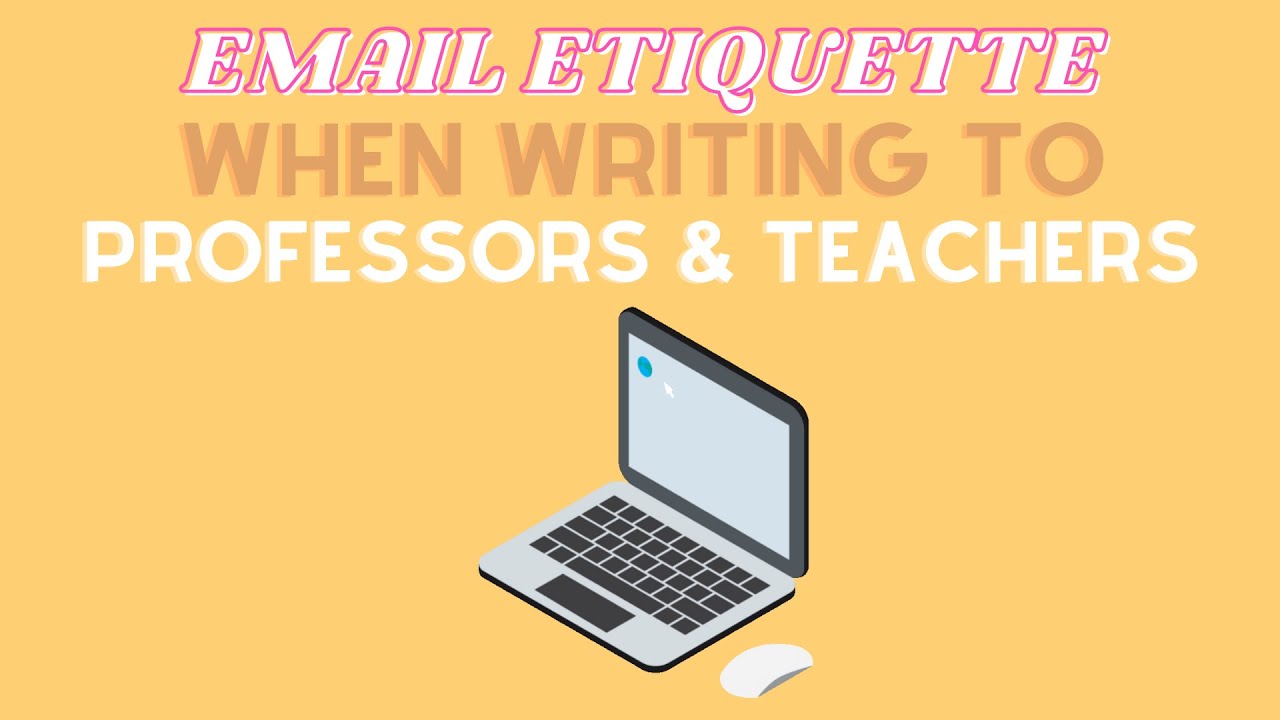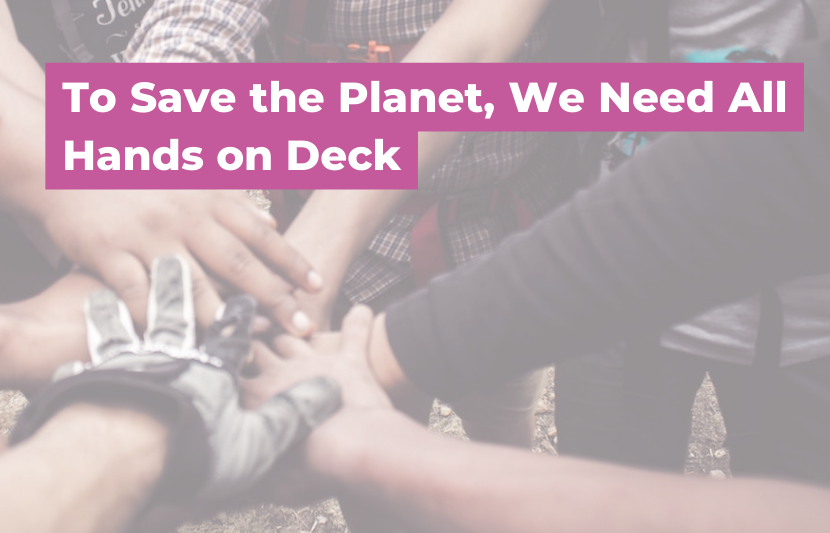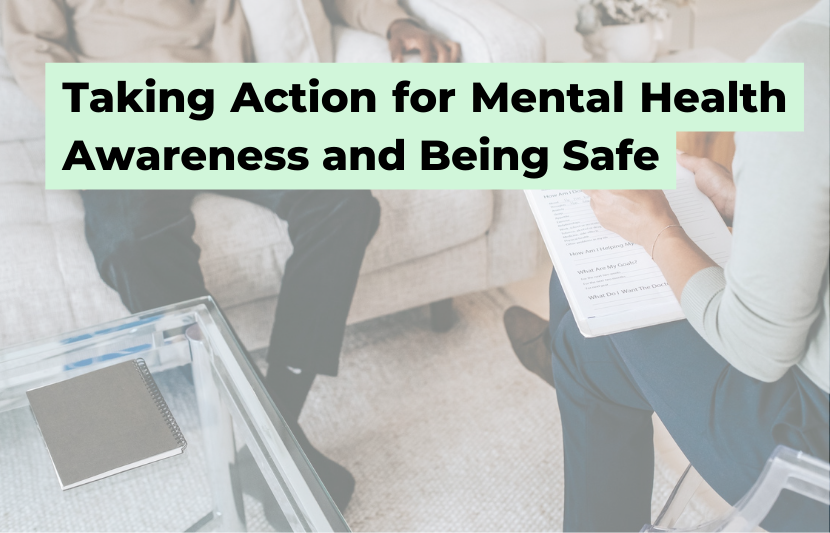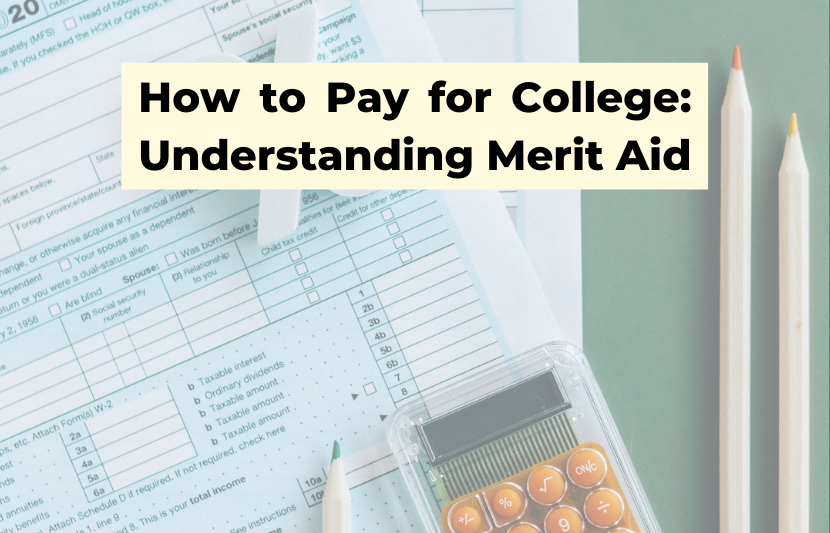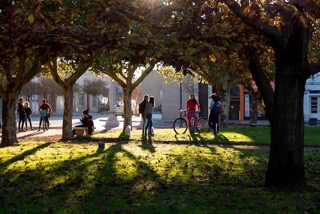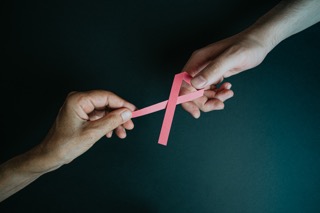In this episode of TUN TV, Dr. Crystal Rose interviews Bud Philbrook about the benefits of international travel for students.
Dr. Rose: Welcome to The University Network TV where we scan the globe to give students, their families, and educators the very best tips to student success. I’m your host today, Dr. Crystal Rose, and in this student success show, we’re exploring the topic, “From Community Service to the College of Your Dreams.”
Today, we’ll be discussing the benefits of international travel for students. If you’re a high school student and you are interested in going to college, you’ve likely heard about the increasingly selected college admissions process. With the stakes this high, it’s easy to get caught up in the hype and forget that the path to college can actually hold an incredible amount of transformative opportunities to help you become your best self.
This is what we will explore today with Global Volunteers, an international service-learning program. We’ve invited the CEO and co-founder Bud Philbrook for this series. They’ve been featured on the likes of CNN, Oprah, CNBC and, today, they are featured on TUN TV.
Welcome, Bud Philbrook.
Philbrook: Thank you, Crystal. It’s great to be with you.
Dr. Rose: Wonderful. We’d love to start off by asking you some terminology. How do you differentiate between terminologies of voluntourism, service-learning experiences and international community service? Are these synonyms? And if not, which of these do you recommend for students who seek a transformational learning experience on their path to college?
Philbrook: Well, they’re not synonyms, first of all. They can be very, very different. First, Global Volunteers is a human and economic development organization that engages students and other short-term volunteers in the work of community service. So, we would never talk about ourselves, for example, as voluntourism. We don’t do that.
We do service learning though. In fact, we think that it’s valuable, every time when someone serves another, that they work with and learn from and learn about them. And hopefully, in the process, learn about the culture, the country and the community. The service part of that is equally critical because it’s important to actually be of help to others, if that’s the intent of the program.
Dr. Rose: Wonderful. You’ve said that really well, and it sounds like service learning is a key component for that transformational change that we sort of described there.
Philbrook: It is indeed. It is indeed. The learning aspect occurs through the service. It’s working hand in hand with others, where we learn about them and from them, but in that process, discover that we may have different skin colors and worship the creator differently – different languages, dance differently. But in the reality of it, of that involvement, we discover that we’re all far more alike than we are different. And so, all those differences then become a cause for celebration and that’s what’s transformative.
Dr. Rose: I love that, and you really set us up for that next question because I’m going to open it up with a quote from Barack Obama who said, “Simple exchanges can break down walls between us, for when people come together and speak to one another and share the common experience, then their common humanity is revealed.” So what do you think about this statement in relation to service-learning experiences?
Philbrook: Well, I think President Obama is exactly correct. In fact, we focus on that. So, when we do a service-learning project, we work hand in hand with local people under the direction of the local people. And those things that the local people have decided are important for their long-term development.
Dr. Rose: Where does the learning aspect really shine through when a student embarks on the service-learning experience?
Philbrook: So, it’s in that process of working with others who, as I said, may look different, may sound different, may have different everything, we discover that we’re far more alike. And that’s the common humanity of which President Obama talks about. We are all brothers and sisters on this planet.
Dr. Rose: That’s really powerful and inspiring at the same time, and it makes me want to ask when students are volunteering and they’re immersed in another country, what are some of the helpful techniques to help improve this discovery of the commonality of human experiences in their given situation?
Philbrook: Well, there’s a number, there’s some just basic ones about dealing with anyone. And that is, you always want to listen before you speak. That’s kind of a basic Stephen Covey teaches us in “The 7 Habits of Highly Effective People,” but there are others as well. So, we do an orientation session for all of our volunteers so that they can understand what are the best and most important techniques for a positive experience.
So, working under the direction of local people. But what does that mean? It means, we recognize from the start that they know what they need to do. They might not be able to get it done on their own, but they know what they need to do. They also know what the best way to do it is.
Dr. Rose: What do you believe is one of the most underrated skills for students to implement with their first embarking upon a service-learning experience?
Philbrook: Now, the outsider – the student, the volunteer – brings a wealth of knowledge that may not be present in the community. But the community also has a wealth of knowledge, a wealth of wisdom, and so acknowledging that before you even arrive in the village is vitally important. You know, if you’re working in a developing community that’s still living in poverty, you may at first blush think, oh these poor people. Well, they are economically poor, but they’re not poor in wisdom. They’re not poor in spirit. They’re not poor in their family values or they care for one another. And so, acknowledging that, to me, is the most important thing when you’re trying to be of service to another.
Dr. Rose: And it sounds like you do that in a very comprehensive way. So, what kind of transformative opportunities await students who volunteer or who conduct service-learning opportunities?
Philbrook: Volunteers tell us over and over again, “You know I went to teach but I learned so much more than I taught. I went to give, but I received so much more than I gave.” That’s a way of trying to describe the transformative experience. It changes us – who we are as human beings. Unfortunately, sometimes our society teaches us that the other is not just different but the other is lesser. And when you work alongside someone who is different, you discover they’re not lesser at all. That in of itself is transformative – just changes your whole perspective on the world and your own, not just abroad or in another community, but your whole life, how you interact with others in your day to day – is extraordinarily powerful.
Dr. Rose: I hear, already, the type of impact.
Philbrook: Within their own hearts, their own minds, their own spirits, while making the difference in those who are serving. It’s not just about, what is this for the student? As valuable as that is, it’s what they are actually doing. Are they actually being of service? Are they actually contributing somehow in a way that’s meaningful? And that’s equally as important.
Dr. Rose: Thank you, Bud, for sharing just how transformative service-learning experiences can be. We appreciate you joining us through this important conversation. And to our audience, thank you very much for joining us for this episode of The University Network’s television show. Find out more about Global Volunteers in the link below. You’ll want to watch the full season of Global Volunteers, too.
Now, with Bud Philbrook’s advice, hopefully, you’ll be excited to commence your own service-experiences on your college admissions journey. Even if you’re in college or grad school, here’s to your success. I’m your host today, Dr. Crystal Rose. Until next time on TUN TV.
This interview has been edited for clarity.
For more exclusive interviews with experts who share their insight to help students succeed, check TUN TV!
Related:

